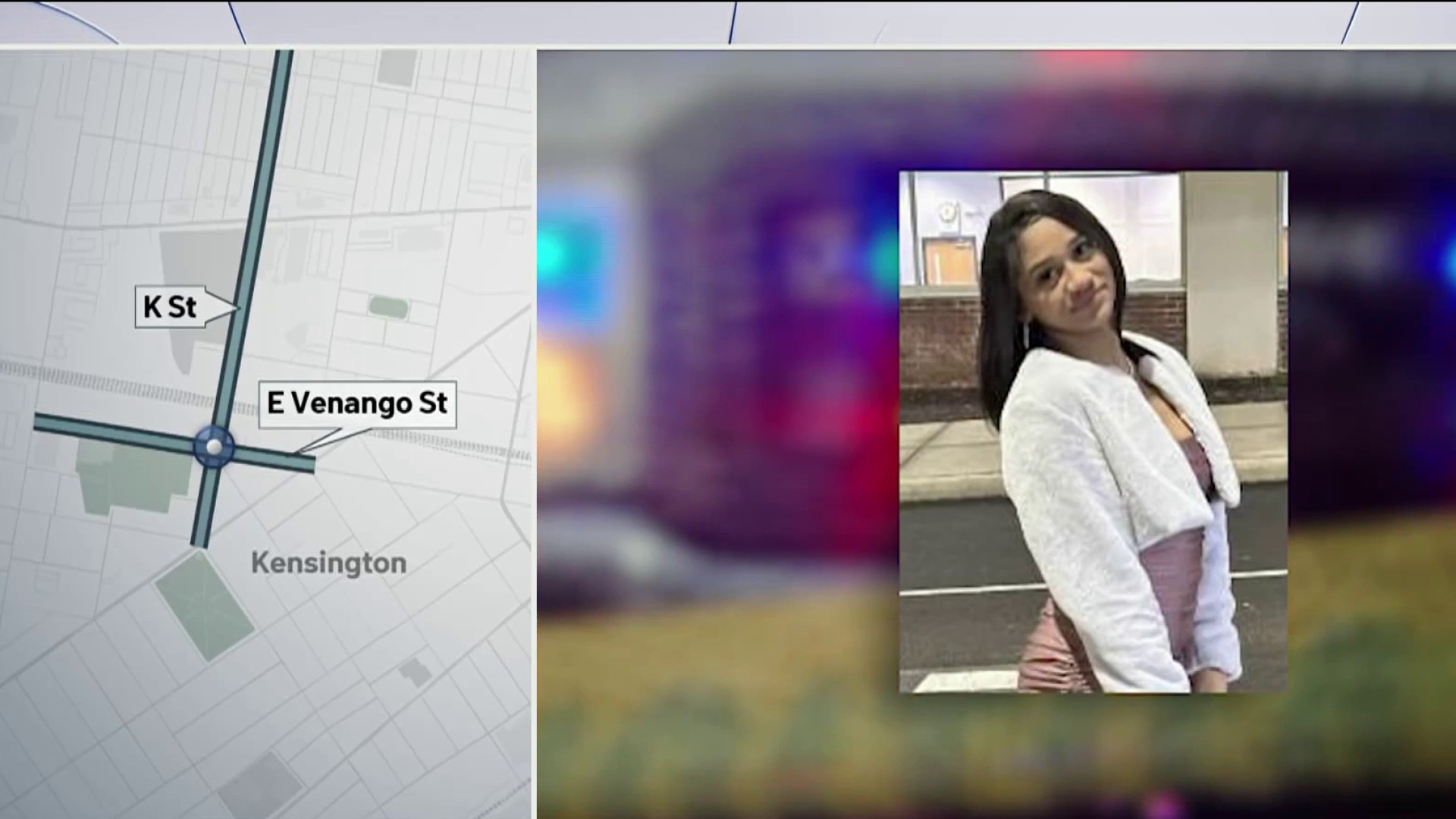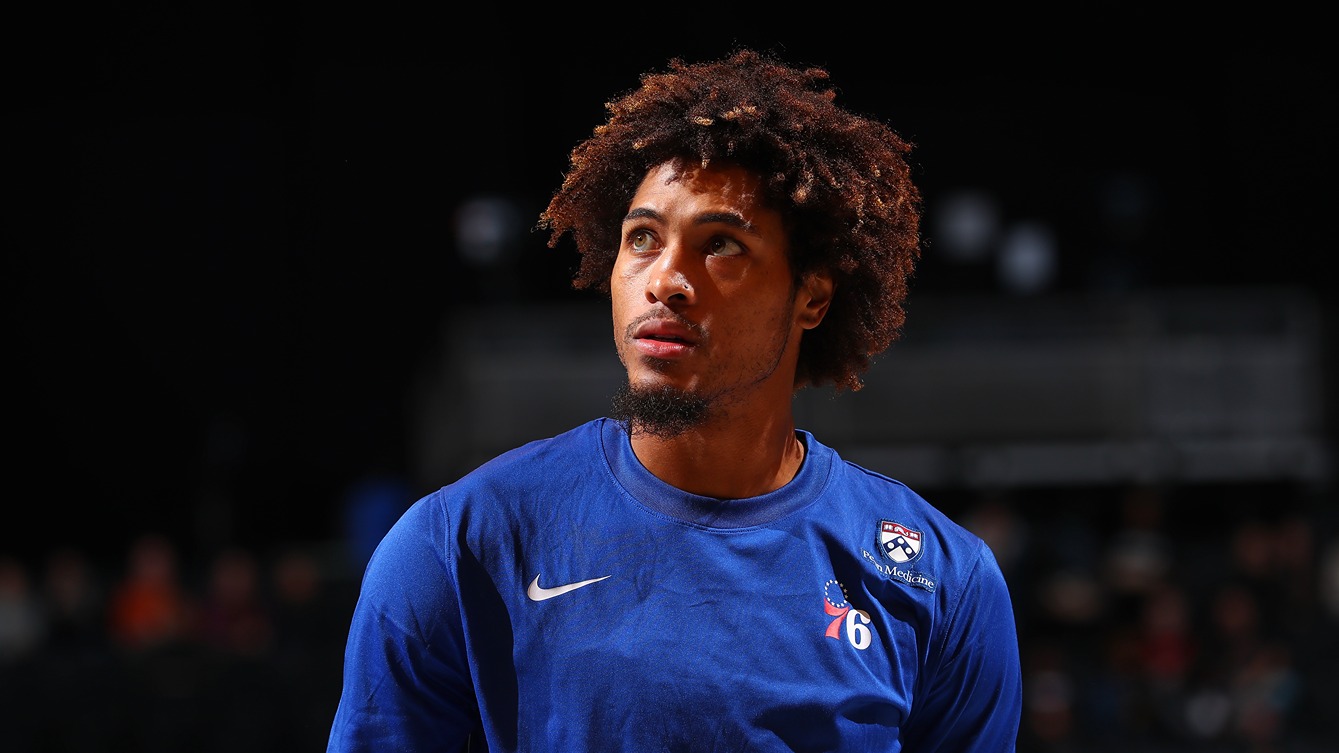The #NBC10Mornings Team is taking viewers behind the scenes all this week for a look at services that impact you. The first stop was at the Camden County 911 Center followed by Philadelphia International Airport and the post office.
Martin Hicks has found the night shift easier to “get in the zone” at work.
The Red Cross emergency communications coordinator is one of the countless people awake at night when it our corner of the world has gone to bed.
The different jobs that require overnight workers range from hospital nurses to the bakers at TastyKake. Last week, NBC10 spoke with two people who deal with crises overnight.
One of the most memorable nights for Hicks was the Amtrak derailment on May 12, 2015.
He took the call from on-scene emergency responders in Philadelphia and was responsible for alerting Red Cross management and public relations.
[[420951843, C]]
Local
Breaking news and the stories that matter to your neighborhood.
While most nights aren’t that newsworthy, he spoke of how nights can make it easier to focus: “I’m just a night person… I don’t go to sleep at night anyway."
Hicks said that the colder the season, the busier it gets -- often because of house fires. The warmer seasons have their challenges as well, such as hurricanes. Not only does Martin Hicks get calls from the Philadelphia area, but from all over the nation.
[[420885913, C]]
“We support the entire nation,” Hicks said with pride.
There are some downsides to working overnight, he said. Hicks has a 2-year-old. He’ll come back home in the morning from his 11 p.m. to 8 a.m. shift, and he said he’ll “crash.” When he wakes up and is ready to go, everyone else is tired from their day. He said it’s a trade-off trying to catch up with everyone else.
Hicks, who has worked for the Red Cross for four years, said, “I don’t have a usual day. I never know what is going to happen.”
Calls can come from anywhere in the country, for any reason, and either from the person in need specifically or from the fire departments.
Hicks spoke specifically to people feeling alone in their emergencies: “Most of my calls are people just needing day-to-day help. They’re caught off guard, like, ‘someone else is awake?’”
“You get a better connection with people. Someone can sympathize… relate with them as a human being,” he added.
In New Jersey, Nick Espinosa, a 21-year-old 911 dispatcher for the Milltown Borough Police Department who often works the overnight shift, described that throughout each night it could either be very quiet or everything could be happening at once.
He emphasized the importance of what dispatchers across the country do.
“We’re the actual first line of contact with the emergency… a lot of people like to say we are ‘the voice always heard but the face never seen,’” he said.
Both Espinosa and Hicks talked about how they enjoy the quiet nights; there is more time and ability to really focus.
“We’re always on top of our game, but some of the worst calls come in at night and we’re ready,” Espinosa said.
Some of the “worst calls, Espinosa said, involve when “people go out drinking, and people make the mistake of driving.”
He went onto say that medical emergencies are also a big contributor to the call count. “People go to sleep thinking their pain will go away, but their pain wakes them up; some people don’t realize something is wrong health wise until the middle of the night.”
Espinosa is the only dispatcher in the room. He says that he chooses, during these times, to be ready for anything. Being alone also has its benefits. He gets college homework done. He explained that dispatching is a great job that allows students to take day classes or even allows for another job.
Hicks and Espinosa both agreed on one very important thing for overnight workers: company. Hicks said "working overnight here, you find who else is up also.” [[421426453, C]]
Espinosa also explained, “we have a hotline radio. You can communicate from department to department... you know, really work together. You may be alone but there’s dozens of other dispatchers working as well.”
On Tuesday, NBC10 Today will take you behind the scenes at Philadelphia International Airport.



